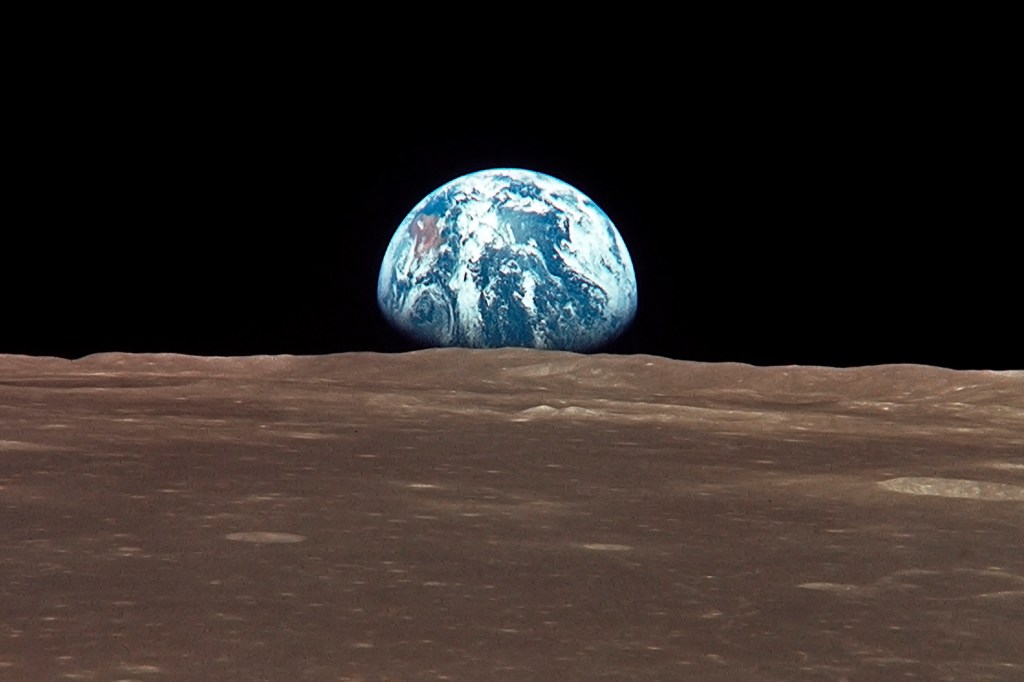
Does the day feel like it’s zooming by? It’s not your imagination: The Earth is rotating faster today—1.3 to 1.5 milliseconds faster, to be exact. That means today will be a fraction of a second shorter than a normal day.
Experts at the International Earth Rotation and Reference Systems Service measure the Earth's rotation. They use atomic clocks, an extremely accurate kind of clock, to do so. Recently, they’ve noticed several instances of Earth speeding up.
The shortest day ever recorded on atomic clocks occurred last year, on July 5. It was 1.66 milliseconds shorter than usual. Scientists predicted this summer would contain three extra-short days: July 9, which was 1.4 milliseconds faster; today, July 22; and August 5.
What’s the explanation for these three speedy days? Scientists aren’t sure. There are a few possibilities. The likeliest cause is the position of the moon. Lunar distance, or the distance between the moon and the Earth, changes all the time. The Earth tends to slow down when the moon is farther away. Extreme weather events, such as earthquakes, can also change the Earth’s rotational speed. And climate change may play a role. It is causing giant glaciers to melt. NASA-funded studies have found that this may alter the speed of Earth’s rotation.
The speedy rotation is nothing to worry about, scientists say. “We've known about the rotation of the Earth being variable for about a hundred years,” Dennis McCarthy, the former director of time at the U.S. Naval Observatory, told NPR. “This is just one of those little variations that comes along.”













